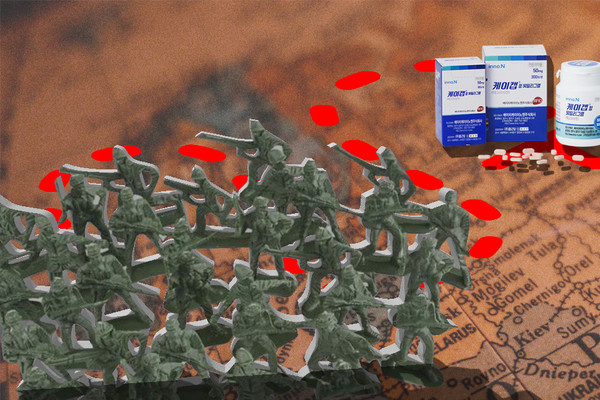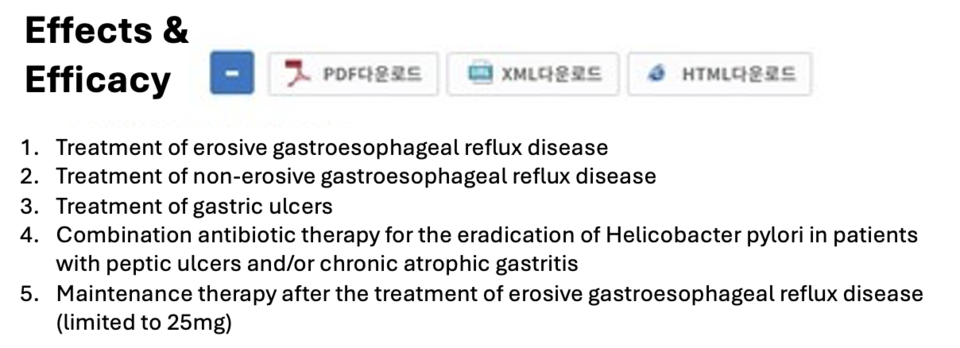Companies Completing Bioequivalence Tests Expected to Apply
Strategy to Launch in 2026 Assuming Patent Expiry?

An application for the approval of a generic version of the gastroesophageal reflux disease treatment 'K-CAB Tablet' has been submitted to regulatory authorities. This move aims to secure priority sales authorization before the patent dispute expires. Depending on the ongoing litigation, the effort to obtain generic approval could either succeed or result in prolonged uncertainty.
The Ministry of Food and Drug Safety (MFDS) recently listed HK inno.N's 'K-CAB Tablet' (active ingredient Tegoprazan) on the notification drug list. This is part of the drug approval-patent linkage system, which informs patent holders when a generic approval application is based on the safety and efficacy data of a patented drug.
Although the applicant has not been disclosed, it has been revealed that applications were submitted for both the 50mg and the low-dose 25mg versions of the generic drug.

A notable aspect of the generic approval application is the inclusion of all five indications, including the unique indication for the low-dose K-CAB: "maintenance therapy after the treatment of erosive gastroesophageal reflux disease." This indicates that companies aiming to launch generics are targeting even the low-dose products for maintenance therapy post-treatment.
Recently, the industry has seen an increase in notification drugs as companies complete the essential bioequivalence evaluations for generic launches. Since May 2023, a total of 13 bioequivalence studies for K-CAB, initiated by Samchundang Pharm, have been completed.
Given the unprecedented number of companies targeting K-CAB generics, competition to secure priority sales authorization (exclusivity rights) is expected to be intense.
The pursuit of generics continues as patent disputes move to the second trial phase. Several companies have recently filed second-phase passive rights confirmation lawsuits against RaQualia Pharma regarding the substance patent for K-CAB. Initially, 19 companies including Dongwha Pharm and Anguk Pharm filed these lawsuits, followed by CMG Pharmaceutical, Nexpharm Korea, Right Pharmtech, and Eden Pharma. RaQualia had previously transferred K-CAB's rights to CJ CheilJedang.
With the polymorph patent's decision already being appealed, the substance patent is also expected to proceed to the second trial phase soon.
However, even if generic companies overcome the hurdles of approval, substance patents, and polymorph patents, the actual market launch will depend on the resolution of two unlisted patents. These unlisted patents have been challenged by Genuone Sciences and Samchundang Pharm, who have filed invalidation trials. Generics can only be launched if these challenges are successful.
As the application for generic approval of K-CAB, which reported sales of $88 million last year, is anticipated, the patent disputes are expected to intensify further.

